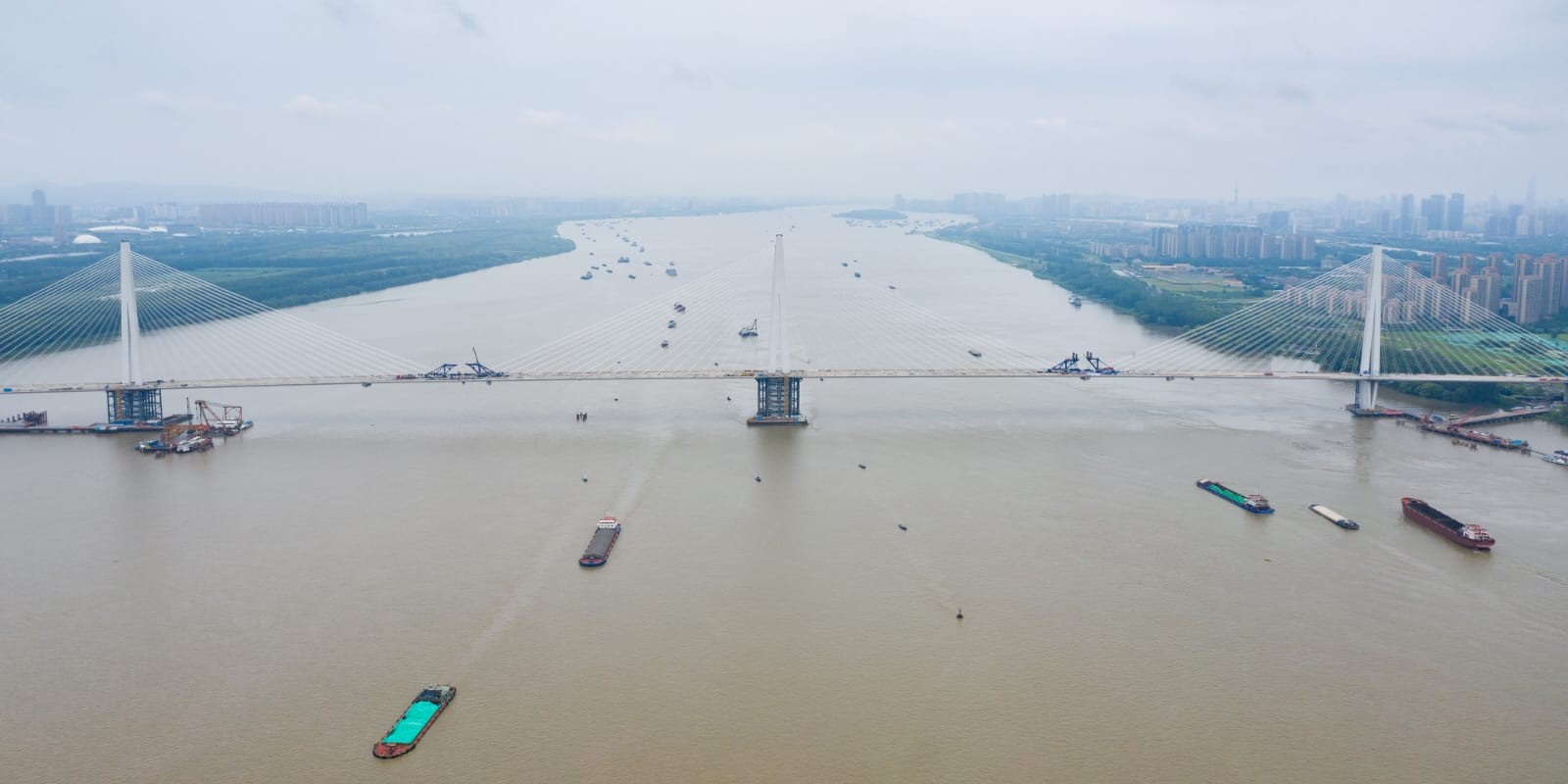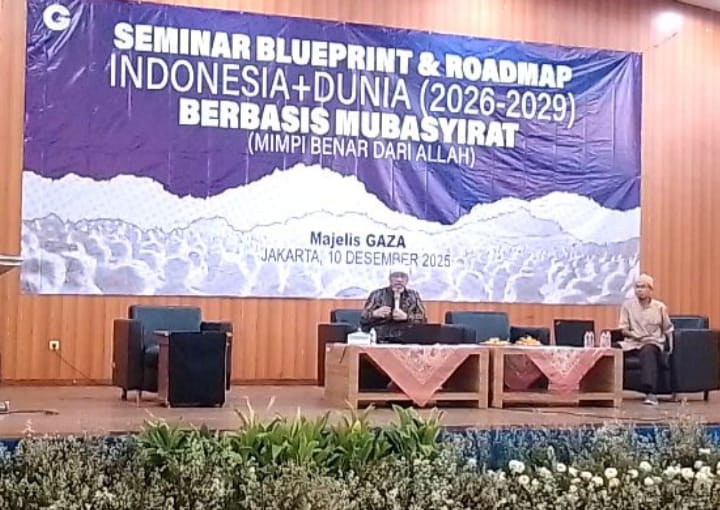Feature – At the World Water Forum, Let’s Listen to the Wisdom of the Yangtze River

The 2024 Nanjing Dialogue on Yangtze River Culture, connects countries such as Indonesia, Malaysia, and Brunei, focusing on the theme of “Flowing Rivers, Converging Future” and facilitating a dialogue on river city civilizations.
The World Water Forum, the most important event in the global water sector, will be held with 30,000 participants from 172 countries gathering on Bali to discuss global issues and solutions related to water under the theme “Water for Shared Prosperity”. The keyword “Yangtze River” draws attention for its broader geographical, historical, and cultural significance.
The 2024 Nanjing Dialogue on Yangtze River Culture, co-hosted by Nanjing of China, the World Water Forum organizing committee, and UNESCO, will take place as a special dialogue during the Forum. The event connects countries such as Indonesia, Malaysia, and Brunei, focusing on the theme of “Flowing Rivers, Converging Future” and facilitating a dialogue on river city civilizations. It represents an innovative approach by Nanjing to use water as a medium and is a practical manifestation of the Chinese philosophy of being alert to dangers even in times of calm, promoting the idea of sustainable development for humanity. Leveraging the platform of the World Water Forum to amplify the voice of “exchange between Great River civilizations” is indeed a serendipitous convergence, much like the surging confluence of rivers.
Nanjing, a large city located downstream of the Yangtze River, the world’s third longest and Asia’s longest river, serves as a future-oriented model for China’s current advocacy of green development and harmony between humans and nature. The city boasts a developed economy, a large population, and urban construction imbued with a sense of technology. If one wishes to observe the past, the present, and especially the future trends of the Yangtze River, Nanjing is an international focal point that cannot be overlooked.
Currently, travelers can take a direct flight from Nanjing Lukou International Airport to I Gusti Ngurah Rai International Airport, embarking on a romantic journey to Bali. As the economic, trade, and cultural cooperation between China and Indonesia advances, finding friends from Nanjing in Indonesia is not difficult. Similar to Bali, Nanjing also boasts rich tourism resources, particularly hot springs. In 2008, the luxury brand Kayumanis from Bali established its first resort in China’s Tangshan Hot Spring Tourist Resorts, a region of Nanjing rich in hot spring resources. The resort, crafted by the Indonesian team, features exclusive villa accommodations and has been a favorite among Nanjing residents and visitors for 16 years since its opening.

The people of Nanjing have an intrinsic love for the Yangtze River, China’s mother river. Their protection and utilization of the Yangtze River are measured and thoughtful. They protect the ecological environment of the Yangtze River while providing opportunities for citizens and tourists to connect with the river. Over several years, they have systematically reclaimed economic construction land along the river, such as factories and docks, and transformed them into sports trails, wetland parks, cultural squares, and industrial tourism destinations through ecological restoration. Nowadays, on holidays, the banks of the Yangtze River are crowded with citizens and tourists engaging in physical activities, camping, sunbathing, or eagerly capturing photos against the backdrop of the river’s sunset.
The results of ecological restoration have become increasingly evident in recent years. The ancient finless porpoise, once disappeared from the Yangtze River section in Nanjing, now frequently appears in the urban river sections of the city. As a result, Nanjing has become the only city in China where wild finless porpoises can be seen in the urban river section. Last May, Nanjing built a finless porpoise observation point in the Binjiang Scenic Belt of Gulou District, where the porpoises frequently appear, hoping to raise public awareness of protecting Yangtze River water ecology through immersive science experience and interactive methods.

There is a popular saying among the Chinese people, “Lucid waters and lush mountains are invaluable assets”. Nanjing’s efforts to protect the Yangtze River haven’t hindered the city’s economy; on the contrary, they’ve drawn in more high-tech enterprises due to the improved ecological environment. The Chinese tech brand Xiaomi, familiar to Indonesians, has recently set up its East China headquarters in Jianye District, a riverside district of Nanjing. This location has now become the largest R&D center in China outside of Xiaomi Beijing headquarters. Moreover, an increasing number of tourists choose to visit Nanjing for sightseeing. On the first day of the recent May Day holiday, a staggering 1.977 million people visited Nanjing, considering the city’s permanent population of 9.547 million. The number of tourists visiting Nanjing is steadily increasing, with many now adding Nanjing’s riverside to their itineraries alongside traditional cultural sites.
“Water for Shared Prosperity” requires the strength of civilizational exchange. At this World Water Forum, the wisdom from the Yangtze River deserves our increased attention and reflection.
End

.jpg)








